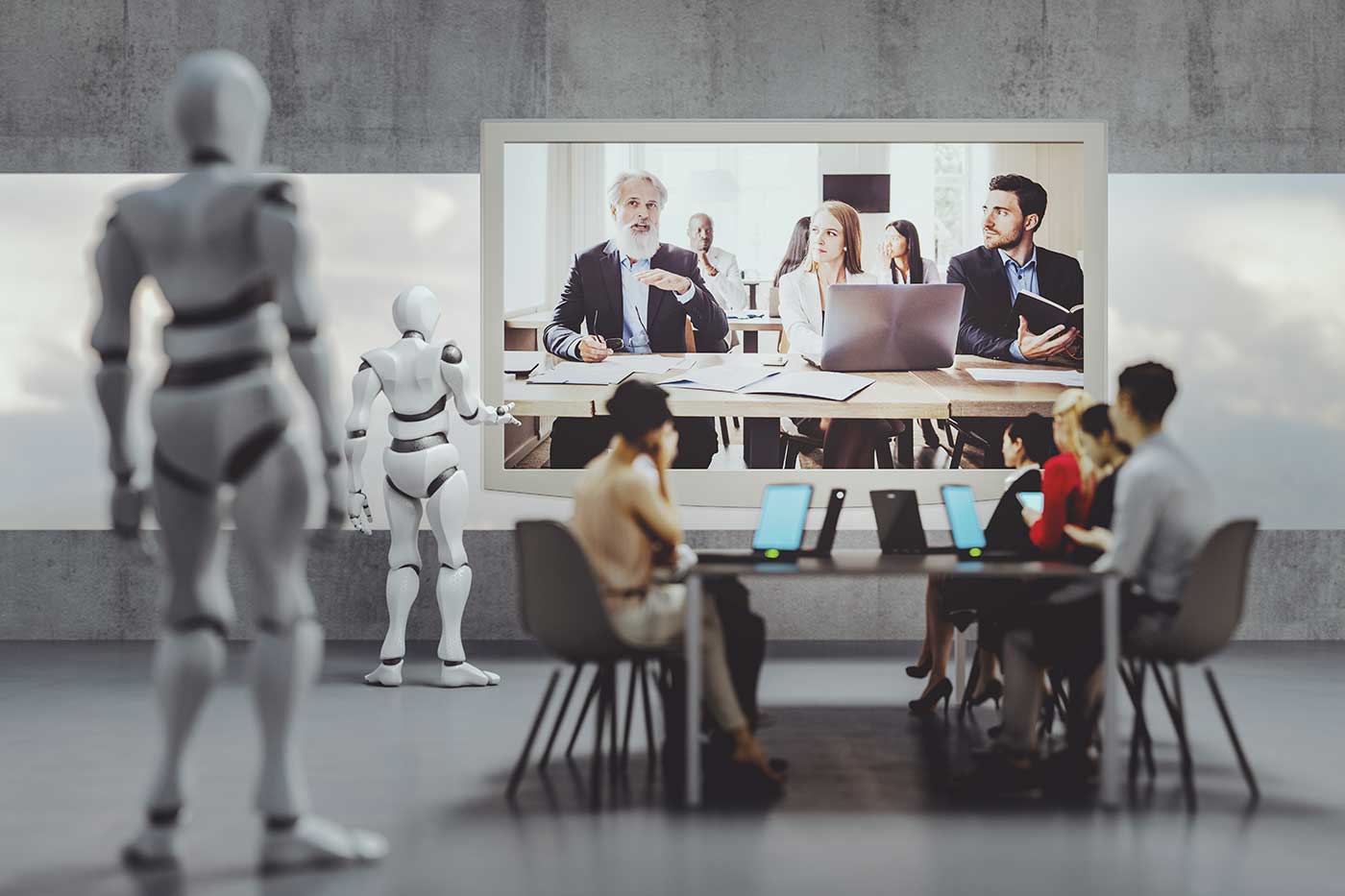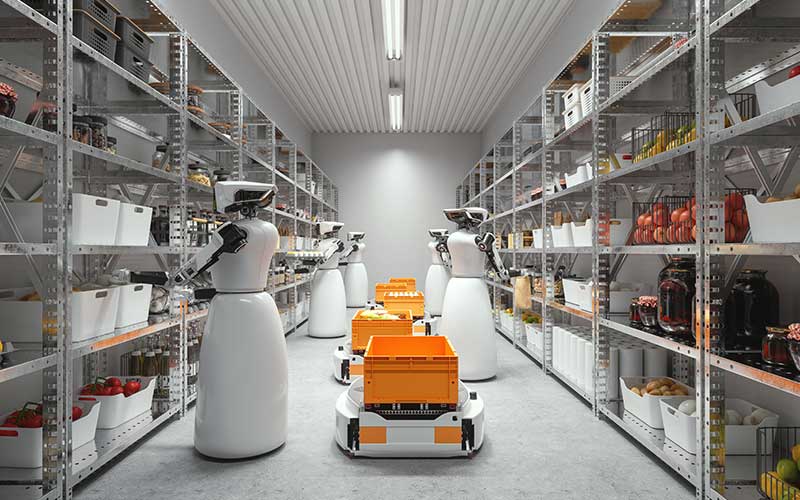
UK consultation on AI in copyright and patent legislation
As artificial intelligence (AI) continues to play an ever-greater role at the forefront of research and development, the legal systems protecting Intellectual Property (IP) are taking a serious look at how they can accommodate this burgeoning technology.
On October 29, the UK government launched an open consultation to debate how the country's existing IP legislation should be adapted to address the ongoing development of AIs and their use in the inventive process. The consultation will last for 10 weeks, closing on January 7, 2022.
Legislators are seeking the opinions and recommendations of field experts to address two critical areas of IP law, namely:
- How should patent and copyright protections be applied to AI-generated works, if at all.
- How to support innovation by allowing copyrighted material to be used in AI research and development.
This latest hearing delivers on the government's pledge to consult "on a range of possible policy options, including legislative change, for protecting AI-generated inventions," made in response to a similar call for views held late last year.
To listen in on a dynamic exploration of the subject of AI inventorship and machine learning, tune in to the latest episode of Dennemeyer's Key to IP podcast:
One of the conclusions drawn from the 2020 survey was that, by and large, respondents considered the law regarding trademarks, designs and trade secrets "adequate and flexible enough to respond to the challenges of AI," with a small number of potential issues identified. Similarly, the current copyright system was found to be fit to handle circumstances where copyrighted material is used to train AI, albeit with the acknowledgment from the government that a "better understanding of the licensing framework in relation to AI would be helpful."
The greatest need for improvement concerns patents. On this subject, many respondents expressed the opinion that the current legal circumstances in the UK could stifle innovation as the use of AI in creative activities becomes more widespread and profound.
The future of innovation in the UK
As part of the broader recovery and expansion initiative referred to as the UK Innovation Strategy, IP stimulation has been conferred special prominence in the government's long-term economic ambitions. Science Minister George Freeman commented, "[W]e want to create the best environment for artificial intelligence companies and innovators by ensuring our copyright and patent system is a catalyst for them to thrive, making the UK the natural home for ground-breaking research and development."

The present consultation affords an invaluable opportunity for both IP practitioners and AI developers to make their voices heard on a matter of great import and possible precedence. United Kingdom Intellectual Property Office (UKIPO) Chief Executive Tim Moss reflected on the significance of input from industry specialists, saying, "Your views will inform the discussions that will help shape our future, and through this consultation, it is vital that we hear them."
Of the questions asked in the 2020 forum, it would appear that one, in particular, has yet to be concluded satisfactorily: "If AI was named as sole or joint inventor of a patented invention, who or what should be entitled to own the patent?"
The story of DABUS
The UK courts have been abuzz with this topic recently, notably concerning the advanced "Device for the Autonomous Bootstrapping of Unified Sentience," otherwise known as DABUS. The brainchild of Dr. Stephen Thaler, this neural net has already generated several inventions for which patents have been sought, including a food container and devices and methods for attracting enhanced attention.
Thus far, these patent attempts have met with little success outside of South Africa and Australia. Accordingly, when Dr. Thaler applied to the UKIPO for patent protection, the Office deemed the application withdrawn on two grounds. The first was that DABUS was not a person and therefore could not be an inventor, and separately, that Dr. Thaler was not entitled to apply for a patent simply by dint of owning DABUS.
Upon appeal, Mr. Justice Marcus Smith of the High Court upheld the UKIPO's decision on September 20, 2020, ruling that it would be "an unlikely construction" of the Patents Act 1977 for the term "inventor" to include both persons and things. Judge Smith further pointed out that the 1977 Act refers to the grant of a patent to a "person" and that because DABUS was neither a legal nor a natural person, the AI could not hold or transfer property rights.

A further appeal made to the Court of Appeal was rejected on October 21, 2021. Be that as it may, there are rumors that Dr. Thaler is seeking permission to bring an appeal before the UK Supreme Court.
Paving the way ahead
The legal efforts of Dr. Thaler and others of the Artificial Inventor project are centered on advocating for an AI's owner to own the patents on any inventions generated by the system. With such a goal in mind, it is not unreasonable to expect further hearings on DABUS in the UK and other jurisdictions.
The knowledge and views of Dr. Thaler and other professionals working directly with AI, patents or both are indispensable in informing legislation on the complex issues described. This same legislation can guide or trammel future innovation, so it must be appropriately constructed to foster inventiveness while protecting creative works.
The legal experts at Dennemeyer stay up to date with the evolution of IP legislation in the UK and across the world. Futureproof your IP protections by enlisting the knowledge and skill of professionals who refuse to be blindsided by changes in the law.
Filed in

Explore the latest IP dramas, from an Olympic trademark dispute to challenges in drug patenting and a lawsuit for allowing music piracy.



